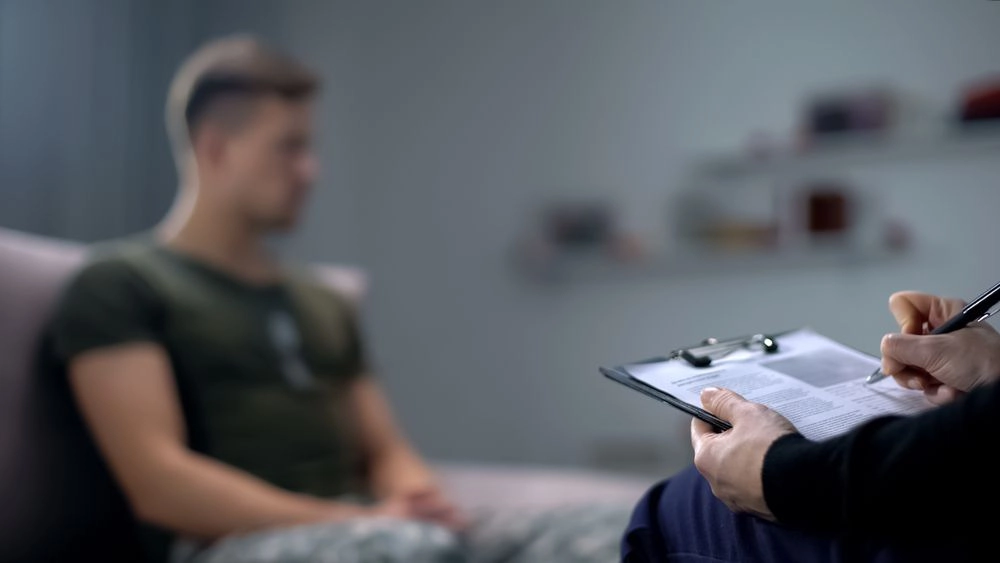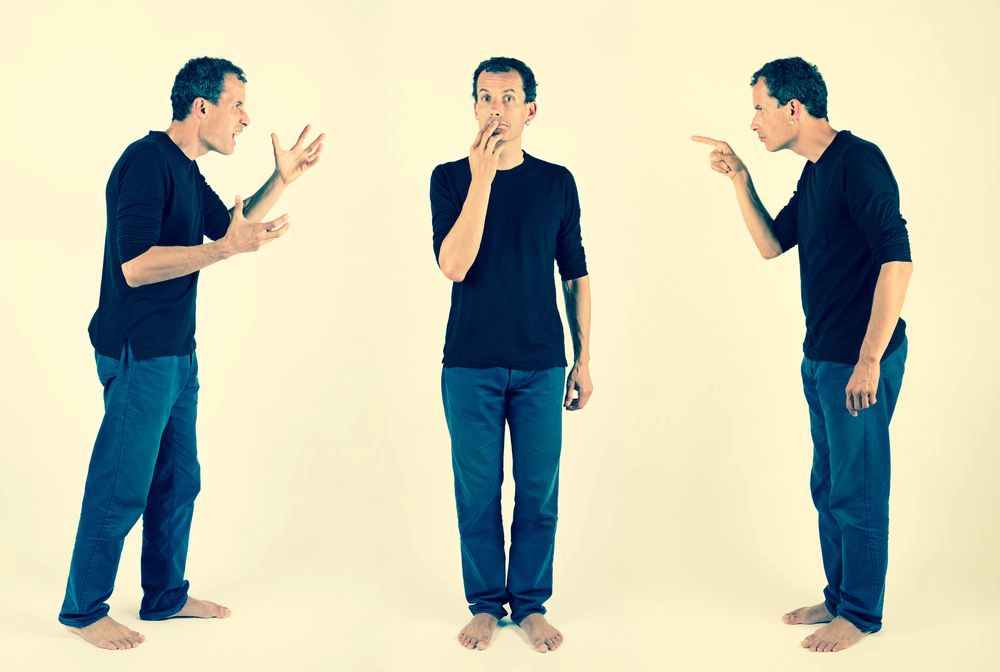Generally, the top signs of PTSD can emerge as early as three months after the major causing event. However, in rare cases, it can take as long as a year to show up. PTSD is a mental health state that’s triggered by a terrifying event. The signs may come in the form of anxiety, nightmares, flashbacks and recurring thoughts about the event.
Whenever you go through traumatic experiences, you may have brief challenges in coping and adjusting afterwards. However, you’ll eventually get better with time and good self-care. If the symptoms worsen, lasting for months or even years, and thus interferes with your day-to-day activities, you may have PTSD.
PTSD can manifest itself in various ways; however, we will highlight some of the top signs of PTSD and how to spot the signs of PTSD. Before we continue, let’s take a look at the definition of PTSD.
What is PTSD?

PTSD, i.e. Post-traumatic stress disorder, typically occurs after a violent or traumatic life experience including rape, terrorist acts, war, natural disasters and events involving personal assault.
Virtually everyone with PTSD has to deal with disturbing, recurring feelings about their traumatic experience. These recurring thoughts still linger for a long time following the traumatic experience.
PTSD can manifest in different ways. Some relive the event through nightmares or flashbacks. For others, it’s via sadness, anger or fear. If you have PTSD, you may feel estranged or detached from others. You may even avoid people or scenarios that remind you of the shocking experience. To cap it off, you may have a substantial adverse response to “ordinary” things like loud noises.
In the same vein, a traumatic experience doesn’t actually have to happen to the patient. Sometimes, indirect exposure such as learning about a traumatic experience that happened to a loved one can play a part.
What Are The Possible Causes of PTSD?
If you have recently had to deal with a situation where your life was at risk or a violent situation, it’s possible to start to notice PTSD symptoms. Some examples of traumas that can culminate in PTSD symptoms include:
- Emotional abuse
- Physical assault and abuse
- Sexual and related abuse
- Accidents
- Naturally occurring disasters
- Violent crimes like kidnapping, murder etc
- Loved one committing suicide
However, not everyone who goes through any of the situations above will experience PTSD
What Are The Top Signs of PTSD?
PTSD does not come with the same signs and symptoms for everyone. Thanks to differences in the nervous system, each person has a different reaction to trauma. Typically, the signs of PTSD start to show hours after a traumatic event. In the same vein, it can take a lot longer to manifest. It can take months, even years in some cases. The clincher is that there is no apparent cause of PTSD symptoms. They can just show up years after the incidence.

While some other times, they can be triggered by something that reminds you of the original traumatic event, such as a noise, an image, certain words, or a smell. Whatever the trigger is, professional PTSD treatment is the way to get help for this condition.
Generally, the most common signs of a stress disorder following a traumatic incidence include emotional detachment, flinching, flashbacks. Here’s how to spot the signs of PTSD.
Regular Avoidance Signs
- When you often try to avoid talking about the traumatic event.
- When you consciously or unconsciously avoid event, people and places that you associate with the traumatic event.
Having Nosy Memories

- Fashbacks: Reliving the event as if it were happening all over again.
- Recurrent memories of the traumatic event, even when you are trying not to think about them. Most of the time, it’s as if the memories won’t leave your mind.
- When you have regular upsetting nightmares about the traumatic event.
- When you frequently experience physical reactions or severe emotional distress to things that remind you of the traumatic event.
- Strong feelings of grief when reminded of the experience.
- Being physically responsive, such as increased heart rate or sweating, when reminded of the event.
Unconscious Changes in Emotional and Physical Responses

- Terrifying shame or guilt.
- Jumpiness: Being easily agitated or frightened, i.e. jumping out of your skin.
- Self-destructive behaviour, for example, driving too fast, drinking too much etc.
- Trouble sleeping
- Trouble concentrating
- Aggressive behaviour
- Angry outbursts etc
Negative Changes in Thinking and Mood

- You feel negative about yourself and others.
- Difficulty maintaining relationships with others.
- Losing interest in activities you once found entertaining.
- When you’re feeling down or having hopeless feelings for the future (e.g., marriage, career, leading an average life).
- Having memory problems, such as inability to remember parts of the traumatic event.
- Emotional numbness: Feeling detached from others.
- Inability to experience positive emotions.
Conclusion: Recognizing the Signs of PTSD
In conclusion, many people who are exposed to a traumatic event often experience the top signs of PTSD, such as those described above in the days following the event. However, for you to be diagnosed with PTSD, the symptoms have to be present more than a month or two and sometimes years. Also, many individuals develop the top signs of PTSD within 3 months of the trauma, but symptoms may also appear later. If you or your loved one have PTSD, the symptoms may cause significant distress or problems functioning. This often occurs with other related conditions, such as mental health problems, memory problems, substance use, depression, and other physical problems.
Furthermore, the top signs of PTSD are hypothesized to represent the behavioural manifestation of stress-induced changes in brain structure and function. Stress results in chronic and acute changes in neurochemical systems and specific brain regions. Furthermore, this results in long-term changes in brain circuits involved in the stress response. In some cases, memories of trauma become challenging to process. At the same time, anxiety increases, all causing the individual to re-experience the feelings associated with the trauma as if it were occurring in the present.
The signs of PTSD show that dealing with this condition is not a simple endeavour. However, here at Addiction Rehab, we can provide you with the tools to make treatment more straightforward. You don’t have to suffer in silence. Call 1-855-787-2424 to speak with a friendly expert today!
Related article: 5 Signs You Are Ready For Addiction Rehab







